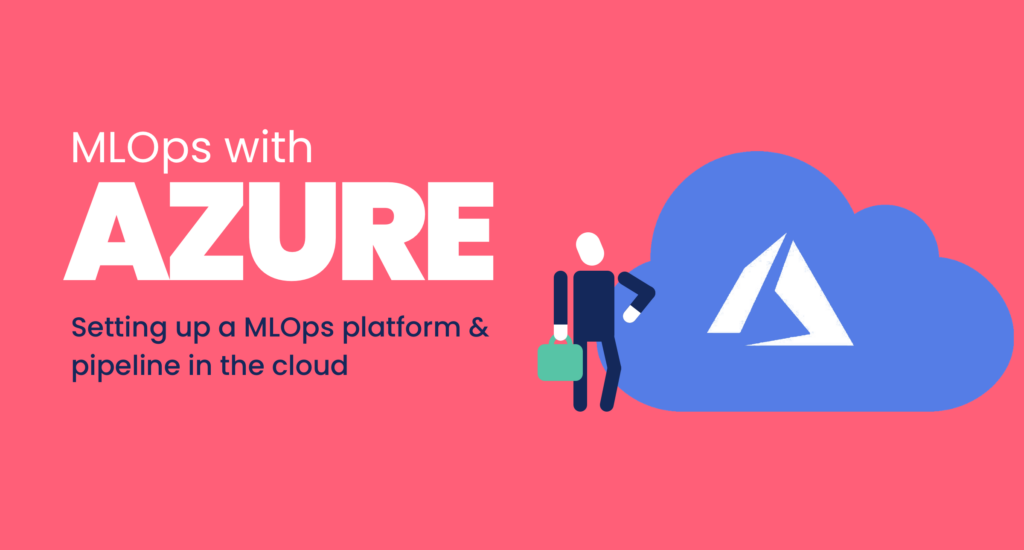
Azure MLOps (Machine Learning Operations) is a set of practices and tools that help organizations streamline and automate the process of developing, deploying, and managing machine learning models. MLOps ensures that machine learning projects are reproducible, scalable, and maintainable in production environments.
Following are the topics you need to know and Locus IT can help you in achieving this:
1.Understand the Basics:
Before diving into Azure MLOps, make sure you have a good understanding of machine learning concepts, including data preprocessing, model training, evaluation, and deployment.
2.Learn Azure Fundamentals:
Familiarize yourself with the basics of Microsoft Azure. You can start with Azure Fundamentals courses and certifications. This knowledge is essential as Azure is the cloud platform where you’ll be implementing your MLOps pipelines.
3.Learn MLOps Concepts:
Study the fundamentals of MLOps. Understand why it’s important, its principles, and how it differs from traditional software development. therefore You can find online courses and articles that cover this topic.
4.Azure Machine Learning Service:
Azure provides a dedicated service for machine learning called Azure Machine Learning. Learn how to use this service for training, tracking experiments, and then managing machine learning workloads. Microsoft offers documentation and tutorials for Azure Machine Learning.
5.Azure DevOps Services:
Familiarize yourself with Azure DevOps Services, which is an essential part of Azure MLOps. It provides tools for version control, continuous integration (CI), continuous delivery (CD), and collaboration.
6.Azure Pipelines:
Learn how to create CI/CD pipelines for machine learning using Azure Pipelines. Understand how to automate the deployment of your machine learning models into production environments.
7.Azure Kubernetes Service (AKS):
If you plan to deploy machine learning models in a containerized environment, learn about Azure Kubernetes Service (AKS) and how to deploy and manage containers in Azure.
8.Monitoring and Logging:
Understand how to monitor and log your machine learning models in production. Azure provides various tools and services for this purpose.
9.Security and Compliance:
Familiarize yourself with Azure’s security and compliance features to ensure that your machine learning pipelines and models are secure and compliant with industry standards.
10.Certifications:
Consider pursuing Azure-related certifications such as Microsoft Certified: Azure AI Engineer Associate nor Microsoft Certified: Azure DevOps Engineer Expert, as they can validate your knowledge and skills in Azure and MLOps.
11.Hands-On Practice:
The best way to learn Azure MLOps is through hands-on practice. Create your own projects, experiment with different Azure services, such as build end-to-end machine learning pipelines.
12.Community and Forums:
Join online communities, forums, and discussion groups related to Azure and MLOps. This can be a valuable resource for asking questions and learning from others’ experiences.
13.Online Courses and Tutorials:
There are many online courses and tutorials available on platforms like Microsoft Learn, Coursera, Udemy, and Pluralsight that specifically focus on Azure MLOps. These courses often come with practical exercises and projects.
14.Books and Documentation:
Explore books and official documentation provided by Microsoft on Azure MLOps. Books like “Microsoft Azure Machine Learning and AI” can be helpful.
15.Keep Up to Date:
Stay up to date with the latest developments and updates in Azure and MLOps by following blogs, webinars, and conferences related to these topics.
Remember that Azure MLOps is a rapidly evolving field, so continuous learning and adaptation are key to staying current and proficient in this area.
Locus Academy has more than a decade experience in delivering the training, Staffing, consulting on Azure MLOps for corporates across the globe. The participants for the training, Staffing, consulting on Azure MLOps are extremely satisfied and are able to implement the learnings in their on going projects.


